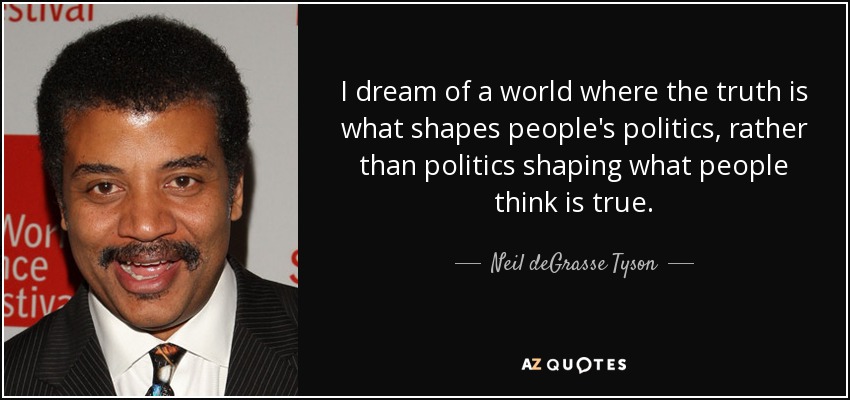
Unlike the natural “hard” sciences, the study of human action doesn’t proceed from inductive generalizations of perceived regularities. Instead, its method is deductive, its starting point is the concept of action.
From the analysis of the concept, economics can be deduced. “Action and reason,” wrote Mises in Human Action, “may even be called two different aspects of the same thing.”
But why would humans, who are part of the natural world, require different analysis?
Even Mises wrote that “determinism is the epistemological basis of the human search for knowledge,” so why not start from inductive generalizations about human action?
Because, while determinism does apply to human beings, we don’t know how human thought and action are determined by physiological factors. At least not in the sense that we can discern how Einstein came up with the theory of relativity, or what went on in the mind of 20th-century composer Frank Zappa.
The mind operates autonomously but it is not independent of the physical world. There are plenty of ways to build a house, but there is only one correct way, so to speak.
So, just as Ludwig von Mises debated positivists in the first part of the 20th century, today’s praxeologists are defending the science against those who demand a test for falsifiability, a doctrine promoted by intellectual giants such as philosopher Karl Popper, astrophysicist Neil DeGrasse Tyson, theoretical physicist Stephen Hawking, and Bill Nye “the science guy.”
Praxeology is true despite failing the falsifiability test, and, why this is so, requires some philosophy, a “meaningless topic,” according to Bill Nye.
Neil DeGrasse Tyson also claims philosophy has not been “a productive contributor to our understanding of the natural world.”
Stephen Hawking declared philosophy dead.
But Tyson, Nye and Hawking are holding a metaphysical position, one that resembles “scientism” rather than what is scientific.
To declare praxeology illegitimate because they don’t understand philosophy is itself illegitimate. Lack of metaphysical belief does not overturn science.
Tyson, Nye and Hawking’s theory of knowledge is dedicated to the method of the natural sciences and underscored by their irrational rejection of philosophy. This is no basis for understanding why praxeology gives us knowledge of the real world.
While philosophy is subordinate to science, by rejecting praxeology, many scientists are actually engaging in metaphysics.
What about Karl Popper? He knew his philosophy, what about his falsifiability criterion?
Popper did not take all metaphysical statements to be meaningless, just that scientific statements must be capable of being proven false.
Praxeology, insofar that it is deductively derived from self-evident axioms, fails this test. Nothing falsifies praxeology.
But the proper tests of praxeology are the truth of its axioms and the validity of its arguments. Why should praxeology meet the criterion of science proposed by a particular writer?
Popper says that definitions do not describe real things: they are arbitrary proposals for the use of a term. But Popper’s characterization of scientific statements is itself an arbitrary proposal.
Mises wrote: “The proposition that there are no synthetic a priori propositions is itself a… synthetic a priori position, for it can manifestly not be established by experience.”
Praxeology is not Freudian psychology, which is a common and understandable response to why the verification principle is important.
Definitions do describe real things, rejecting this doesn’t do away with reality.
The fact that theorems can be falsified does not necessarily falsify praxeology, since economics, once learned, is recognized as factual and universally true.
Is this an inductive generalization? Why? Why not reject other examples of a priori propositions?
If praxeology consists of disputed analytic statements, on what grounds is this assertion made?
Perhaps the propositions of string theory are tautological where we can’t learn anything new because the theory is non-falsifiable.
Would Tyson, Nye or Hawking agree to that?
Praxeology does not conflict with the natural sciences. It should not be disregarded due to some failure to falsify its axioms.
Further reading, "The Philosophical Contributions of Ludwig von Mises," by David Gordon.


Thanks loads for sharing. I’m very inspired with the beneficial aid of the manner you percent excellent and valuable content cloth fabric. Paper composing is imperative for all understudies now a day's understudies look for articles on the web. It will be give great papers for scholastic work and Project works for understudies.
ReplyDelete